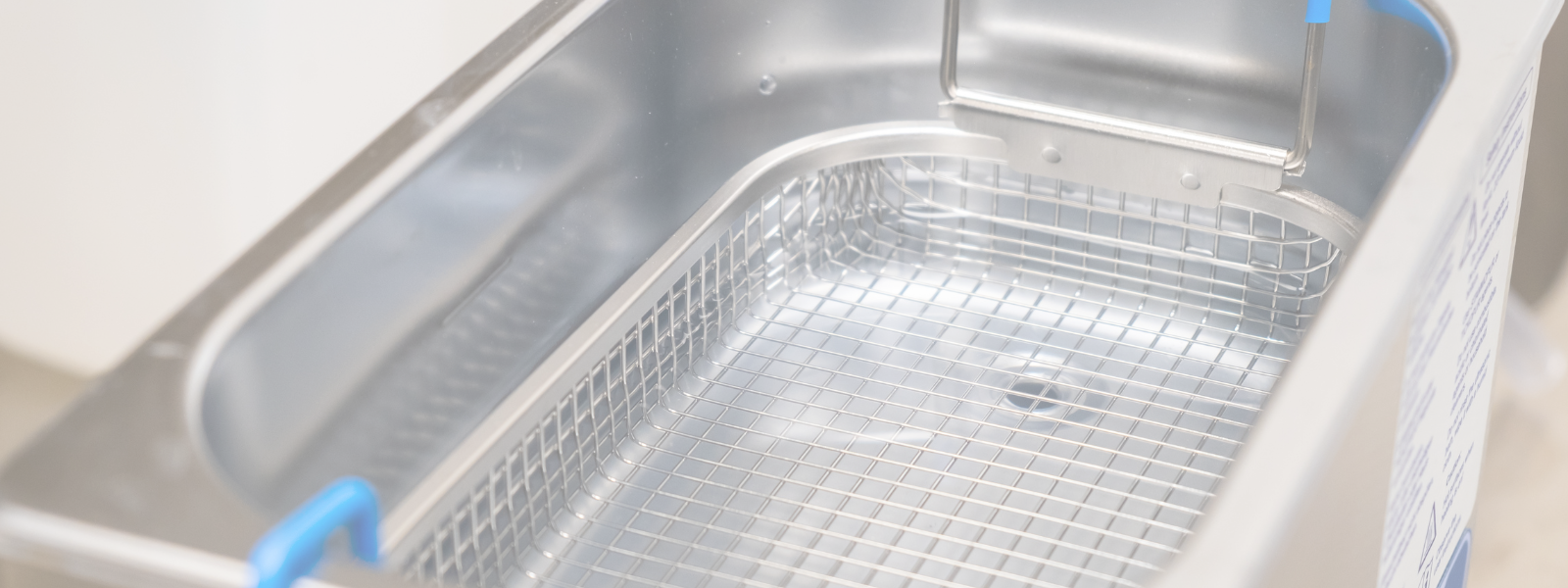The material compatibility varies with each degreaser formulation. It is important to test degreasers on materials prior to use to prevent damaging small components or the surface. Material compatibility is listed in the technical specification sheets for each LssChemicals degreaser.
Why is Material Compatibility Important for Degreasers?
Wondering why it is important to know what materials are degreasers compatible with? If a material is incompatible with a chemical found in the degreaser, the degreaser will cause damage to the material. If a plastic is incompatible with a degreaser, the plastic can result in small cracks, become brittle, or soften, all of which is not ideal for components requiring degreasing and often results in the need to replace the material. Rubber seals are also important to maintain. If a degreaser is incompatible with rubber, the seal may shrink, swell, or dissolve, requiring replacement. To avoid material destruction while using a new degreaser, test the degreaser on the material prior to use.
LssChemicals: What Materials are Degreasers Compatible with?
Information about LssChemicals degreaser compatibility can be found in the Technical Spec Sheets for each formulation. Tricia’s Trusty Tonic and Don’s Dazzling Decoction do not provide specific material compatibility information, and thus the degreasers should be tested on all materials prior to use. Some common materials that were tested and proven to be compatible with the other 7 degreaser formulations include:
- Aluminum
- Stainless Steel
- Butyl Rubber
- Neoprene
- Epoxy
- PVC
The degreasers have been shown to be compatible with metals, plastics, and elastomers, so any new material that the degreaser is desired to be used on is likely to work without damaging the material.
Contact Us!
Interested in learning more about what materials are degreasers compatible with? We can help find the right degreaser from our non-flammable chemical line that fits your process. Click here to contact us today!









